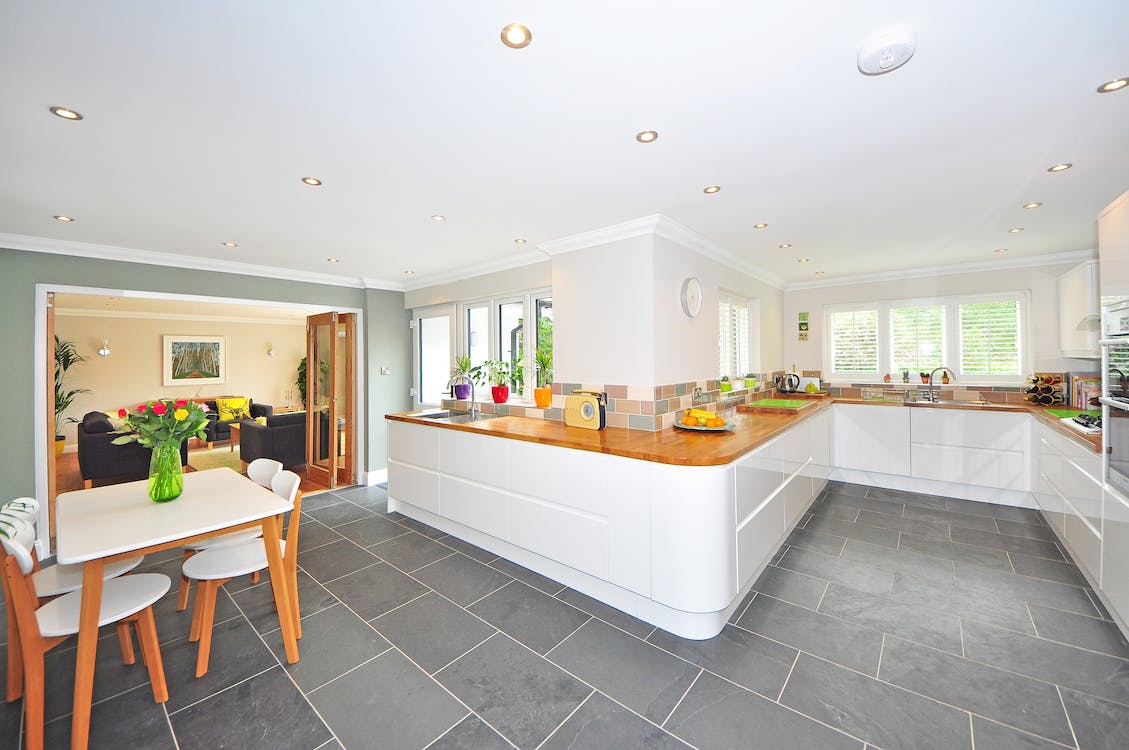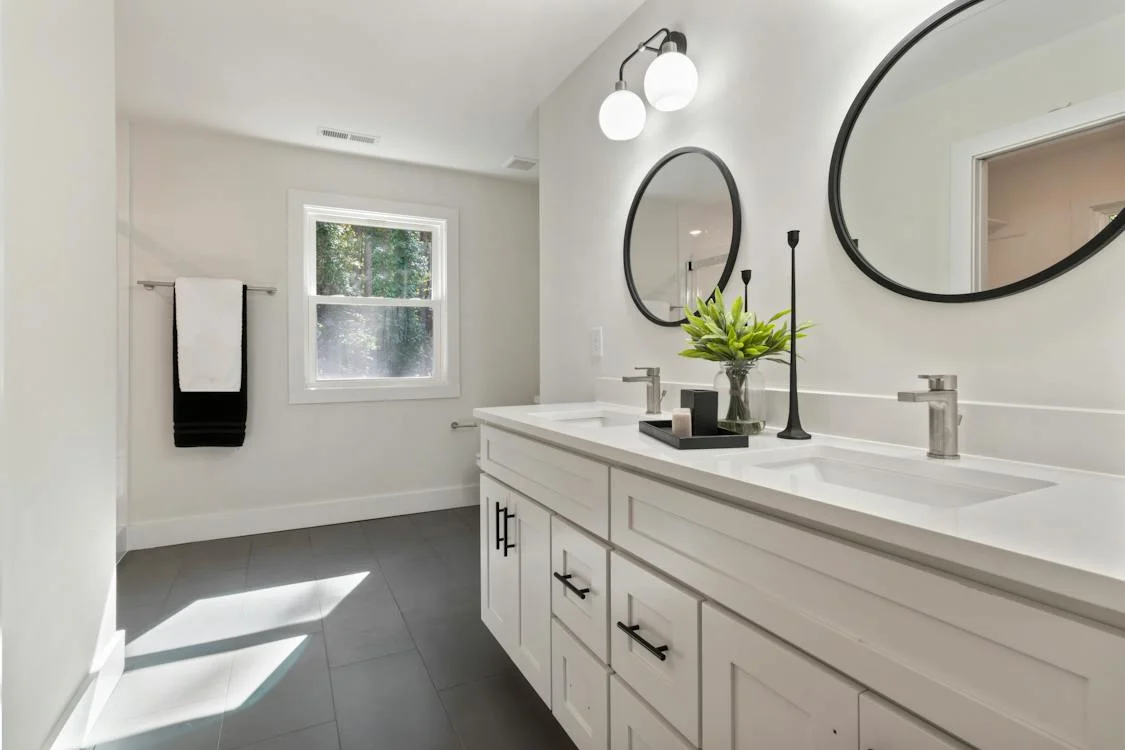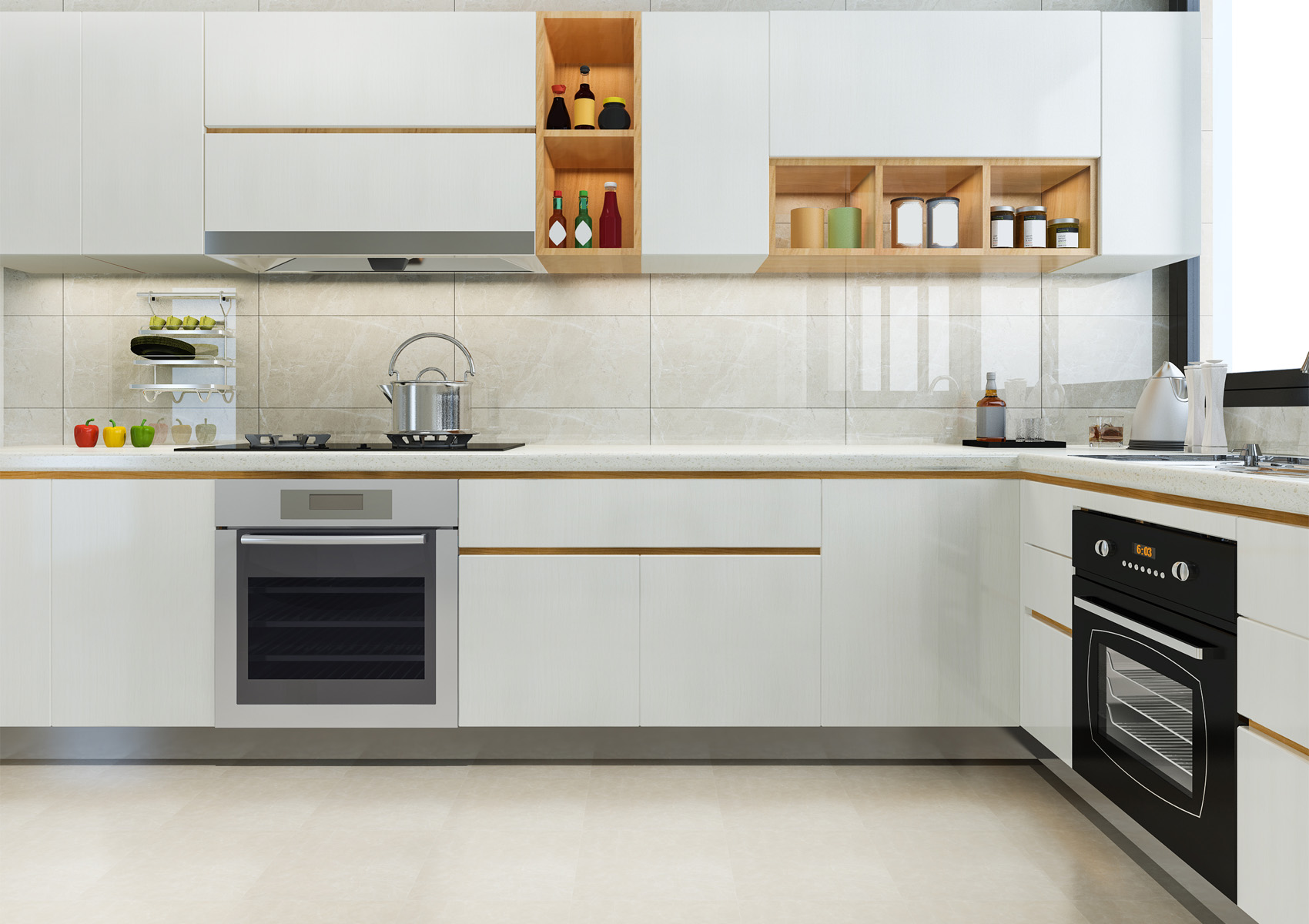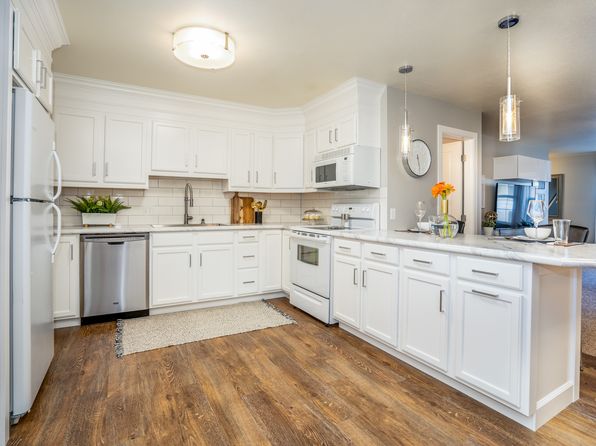
How to choose your kitchen style?
Aug 15, 2024
Choosing a kitchen style is a key decision in designing a space that’s both functional and aesthetically pleasing. Here’s a guide to help you find a style that suits your taste and needs:
1. Assess Your Lifestyle and Needs
Cooking Habits: If you cook frequently, you might need a style that emphasizes functionality and storage.
Entertaining: If you host gatherings often, consider a style that allows for easy flow and interaction with guests.
Family Size: A larger family might benefit from a more spacious design with ample storage.
2. Explore Different Styles
1. Traditional:
Characteristics: Ornate details, rich wood tones, and classic design elements like crown molding and detailed carvings.
Materials: Wood, marble, and granite.
Color Palette: Warm, earthy tones, or classic neutrals.
2. Modern:
Characteristics: Sleek, clean lines, minimal ornamentation, and functional design.
Materials: High-gloss finishes, stainless steel, glass.
Color Palette: Neutral colors, bold accents.
3. Contemporary:
Characteristics: Current trends with a focus on simplicity and functionality. It evolves with changing design trends.
Materials: Mixed materials, innovative surfaces.
Color Palette: Varies widely but often includes neutral and bold tones.
4. Transitional:
Characteristics: A blend of traditional and modern elements, creating a balanced and timeless look.
Materials: Combination of wood and modern materials.
Color Palette: Neutral tones with occasional bold accents.
5. Farmhouse:
Characteristics: Cozy, inviting, with a focus on rustic charm and practicality.
Materials: Reclaimed wood, shiplap, and classic patterns.
Color Palette: Soft, muted tones like whites, grays, and pastels.
6. Industrial:
Characteristics: Urban, raw look with exposed materials and a utilitarian vibe.
Materials: Metal, concrete, reclaimed wood.
Color Palette: Grays, blacks, and metallics.
7. Mediterranean:
Characteristics: Warm, inviting with a mix of old-world charm and vibrant colors.
Materials: Terracotta tiles, wrought iron, and colorful ceramics.
Color Palette: Earthy tones, rich blues, and greens.
8. Scandinavian:
Characteristics: Minimalist, functional, and bright with a focus on natural light and simplicity.
Materials: Light woods, clean lines, and simple finishes.
Color Palette: White, light grays, and soft pastels.
3. Consider Your Home’s Architecture
Matching Style: Choose a kitchen style that complements the overall architecture of your home.
Contrast or Harmony: Decide if you want your kitchen to blend seamlessly with the rest of the house or stand out as a distinctive space.
4. Incorporate Personal Taste
Design Preferences: Think about what appeals to you personally. Do you prefer sleek modern lines, or are you drawn to the coziness of traditional designs?
Functionality: Ensure the style you choose aligns with your needs in terms of storage, layout, and workflow.
5. Get Inspired
Magazines and Websites: Browse design magazines, websites, and social media platforms like Pinterest and Instagram for inspiration.
Showrooms and Open Houses: Visit kitchen showrooms or model homes to see styles in person.
6. Think About Long-Term Appeal
Timelessness: Some styles, like traditional or transitional, may offer a timeless appeal that doesn’t easily go out of fashion.
Resale Value: Consider how the style may impact the resale value of your home if you plan to move in the future.
7. Consult with a Designer
Professional Guidance: If you’re unsure, working with a kitchen designer can help you refine your choices and ensure that your style fits your space and budget.
By evaluating these aspects, you can choose a kitchen style that not only looks great but also works well for your daily life and future plans.







